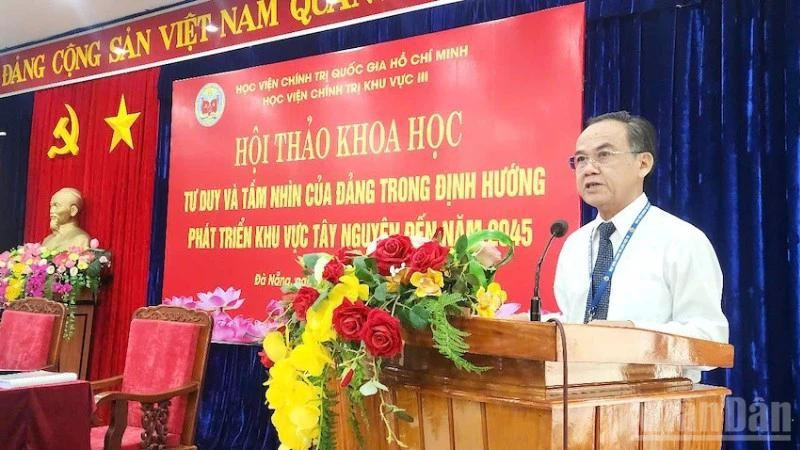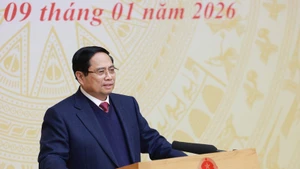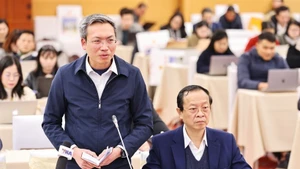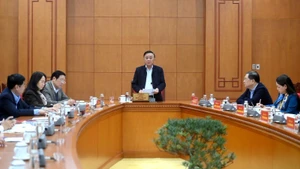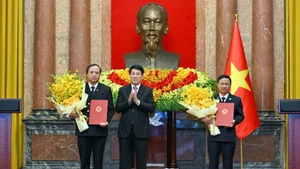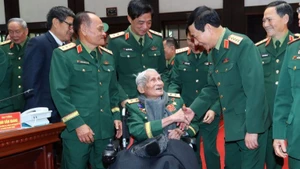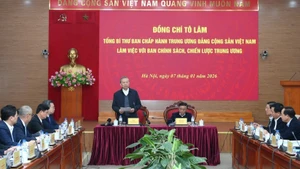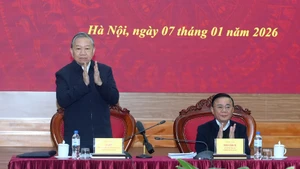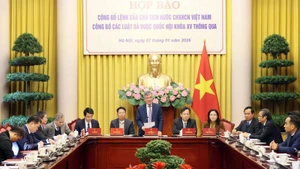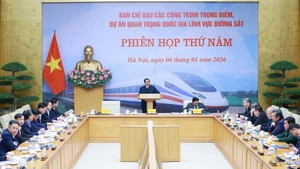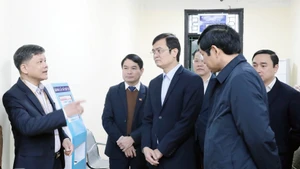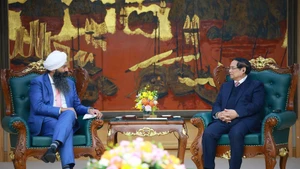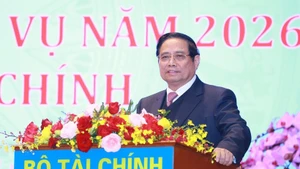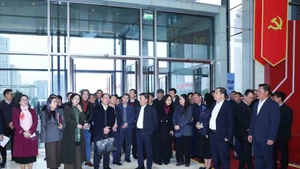At the event, the representative of the Region III Academy of Politics leadership emphasised that the Central Highlands is a region with a particularly important geo-political and geo-economic position, playing a vital role in national defence, security, and sustainable development. With its rich cultural heritage, diverse natural resources, and unique ecosystems, the Central Highlands has long been a region of great interest to the Party and the State.
In the current context, clarifying the Party’s guiding, thinking and strategic vision for the development of the Central Highlands is an urgent task, aiming to concretise the content of Resolution No. 23-NQ/TW dated October 6, 2022, issued by the Politburo.
At the workshop, participants focused on analysing five major groups of issues. These included clarifying the theoretical and practical foundations for the region’s development strategy, objectively evaluating the achievements as well as shortcomings in regional development, and identifying emerging trends and challenges such as climate change, non-traditional security threats, digital transformation, and spontaneous migration.
Many opinions suggested that to enable the Central Highlands to develop rapidly and sustainably, it is essential to adopt a long-term strategic mindset and a renewed, comprehensive, and synchronised development model that places people at the centre and embraces innovation as the driving force.
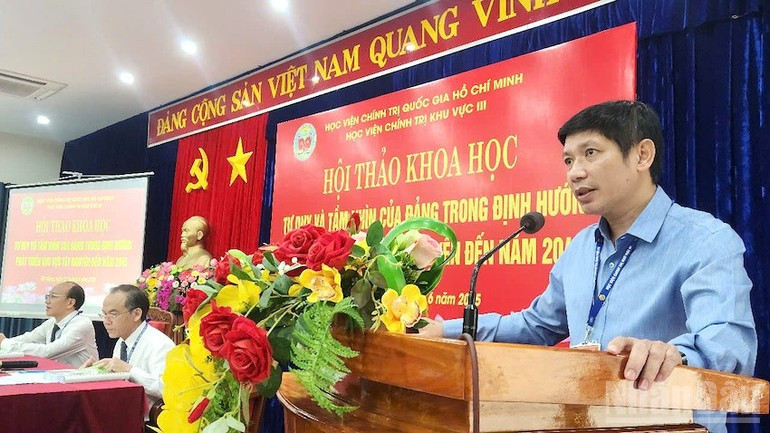
One of the highlights of the workshop was the proposal to develop key economic sectors tailored to the region’s natural and social conditions, such as high-tech agriculture, deep-processing industries, eco-cultural tourism, renewable energy, and the circular economy.
Many participants recommended the development of special mechanisms and policies to attract investment, develop high-quality human resources, and upgrade infrastructure for transport, irrigation, electricity, telecommunications, and logistics, while ensuring firm national defence and security.
Notably, participants also focused on the need to reform the administrative apparatus following the merging of provinces and commune-level administrative units in the Central Highlands. The fact that many communes now cover vast areas and face a significantly increased workload requires an urgent improvement in the quality of the public service workforce, especially at the grassroots level.
Moreover, the development process in the Central Highlands must be closely linked with enhanced regional connectivity, not only with the South Central Coast and Southeast regions but also with localities that have seaports and major airports. There is also a need to expand international connections with Cambodia, Thailand, and other neighbouring countries in order to solidify supply chains, logistics centres, and improve product consumption and market integration.
The workshop presentations also underscored the urgent need to concretise the Party’s strategic thinking and vision through scientific, practical, and feasible arguments, and to develop a system of concrete action programmes for effectively implementing Resolution No. 23-NQ/TW in each field and locality.
The workshop offered many recommendations on development models, regional connectivity orientations, specific policies, and solutions for resource mobilisation, thereby helping the Central Highlands overcome challenges and leverage its inherent potential and strengths.
In particular, it was suggested that the Central Government consider issuing additional resolutions, directives, and new policies for the development of the Central Highlands, tailored to the current context of administrative restructuring and new regional linkages.
According to the organisers, the workshop served as an important scientific forum for scholars, policymakers, and local representatives to engage in comprehensive academic exchange and policy critique, thereby contributing to the theoretical and practical foundation for the leadership and direction of development in the Central Highlands in the new period. It also serves as a crucial basis for raising awareness and creating consensus across the entire political and social system regarding the strategic role of the Central Highlands in the country’s development process up to 2045.
The workshop took place in a serious, scientific, and constructive atmosphere. The organisers hope that the outcomes of the workshop will generate new momentum in policy-making thinking and implementation, contributing to the comprehensive and sustainable development of the Central Highlands, worthy of its role as the “roof of Indochina” and the “strategic security belt” of the nation, while also making important contributions in the country’s path towards prosperity in the new era.
